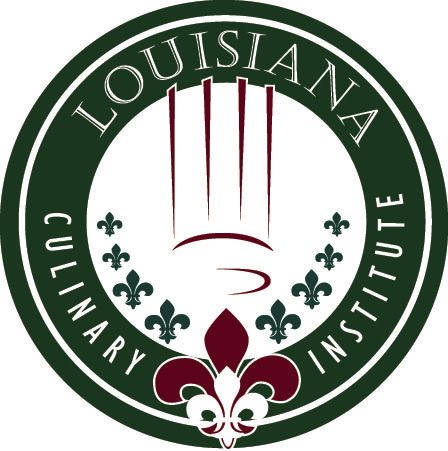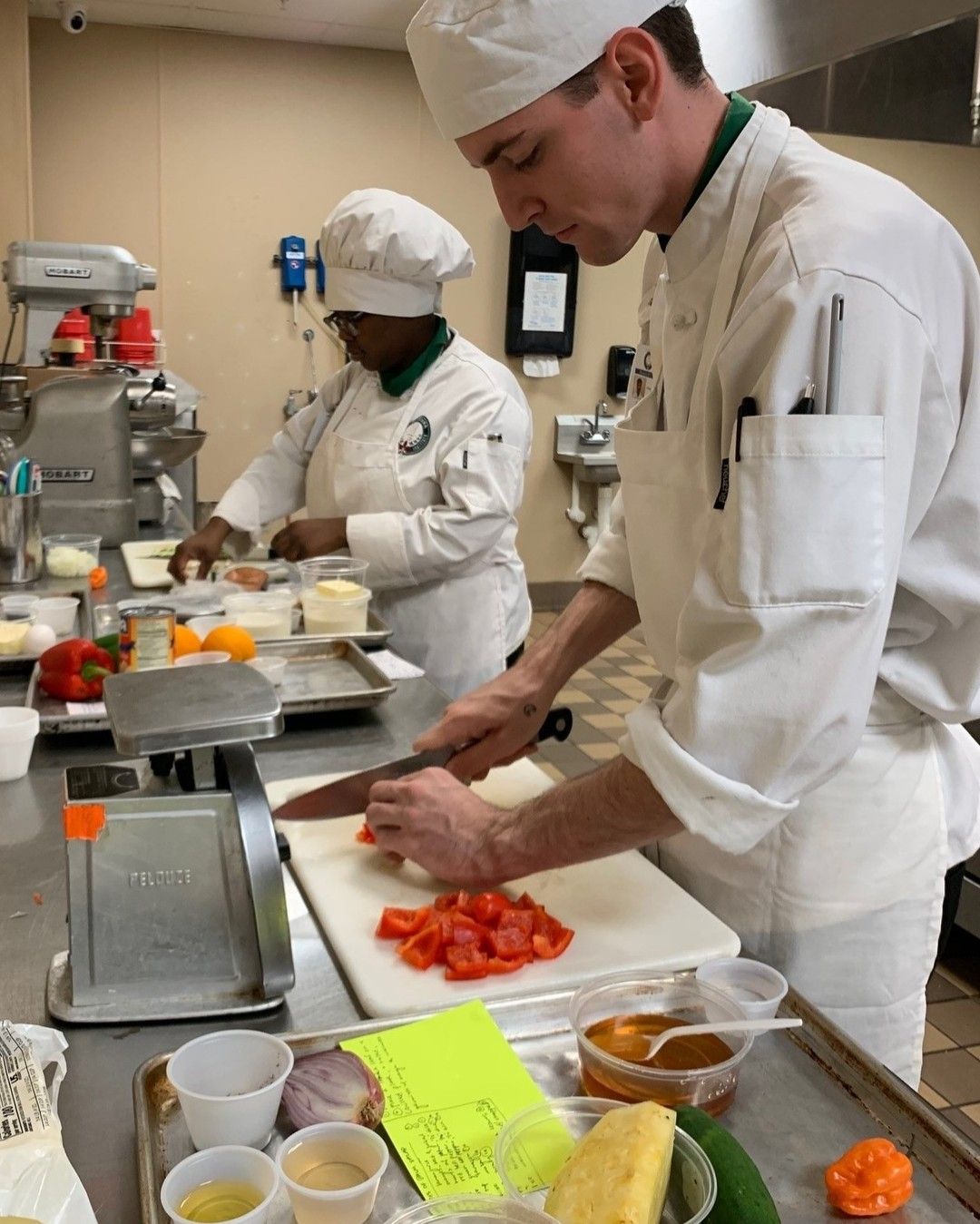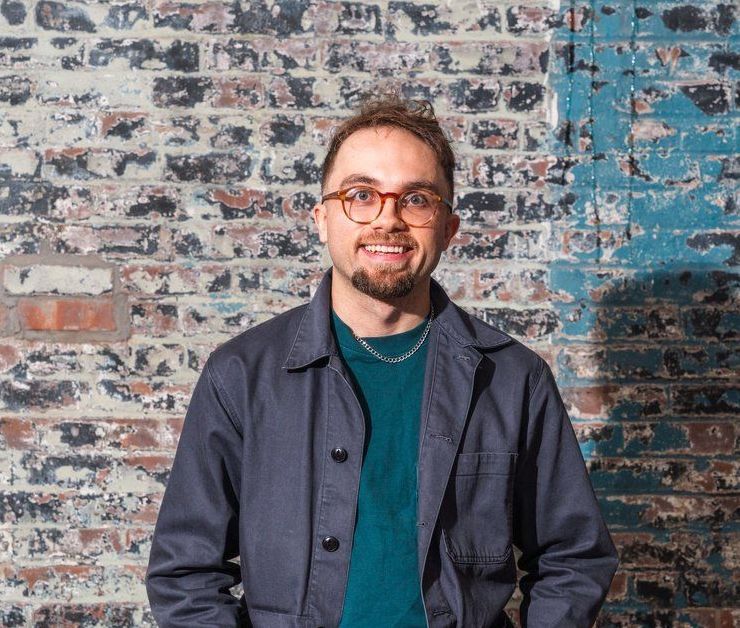Hospitality Degree in Louisiana: Preparing for Your First Semester
The hospitality industry encompasses everything from restaurants and bakeries to hotels, casinos and beyond. There are a variety of career paths that you can take in hospitality, and most of them revolve around food. Having a strong background with education and experience is very beneficial, especially if you aspire to have a management role in this sector. Understanding how to successfully work in and around a commercial kitchen is essential. These skills in addition to leadership and management classes and training can provide all of the tools you need to excel in the culinary and hospitality business. Culinary school offers the resources and lessons to start your career with a strong foundation. Let’s take a closer look at what the first semester of a hospitality and culinary management curriculum is like.
Your first semester, or white level, is comprised of a variety of courses, including:
CA 101 – Professional Cooking I
In Professional Cooking I you’ll be introduced to the history of French Classic Haute Cuisine. The fundamentals of professional cooking techniques using dry and moist methods in a commercial food service facility will be taught. You will also be introduced to basic nutrition and how to incorporate it into different dishes. Recipe writing, interpretation, and menu design is also a major focus of this course. Lastly, you’ll learn how to properly utilize commercial food equipment in a safe and sanitary way.
CA 102 – Professional Cooking II
This course introduces the use of sauces, stocks, and soups. The fundamentals of stocking making will be taught to show specific techniques. You’ll learn how to make the five lead sauces using the stocks you create as well as how to make clear, thick, and national soups.
CA 103 – Professional Cooking III
Professional Cooking III teaches the basics of meat, poultry, and seafood cookery. Learn to identify the primal cuts of beef, lamb, veal, and pork, as well as the list of fabricated cuts from each. The proper cooking techniques for the composition and structure will also be introduced. Both dry and moist heat cooking methods with an emphasis on the correct procedure used for slow-roasting large birds, as well as the proper handling and cooking of poultry will be also be taught.
CA 104 – Professional Cooking IV
The final professional cooking course teaches the basics of vegetable and starch cookery. Learn how to identify, handle, process, and cook commonly used vegetables, starches, legumes, grains, and pasta. This class will also demonstrate how to control texture, flavor, color changes, and nutrient losses.
CA 109 – Bread Basics
This course covers basic bread production. Learn how to work with breads through study and manipulative skills. Rich, lean, and laminated breads are included.
CA 110 – Introduction to Baking and Pastry
Introduction to Baking and Pastry demonstrates the fundamentals of the commercial kitchen bakeshop. Bakeshop principles in relationship to how they are applied in cakes, pastries, cookies, ice creams, pies, and sorbet production will be the focus of this course.
CA 111 – ServeSafe® Food Safety & Sanitation
The ServeSafe® course is designed to instruct students in the basic principles of sanitation and sanitary requirements following HACCP program in receiving, storing, pre-preparation, and cooking and handling foods in a commercial kitchen. Special emphasis is given to time/temperature control, cross-contamination, and personal hygiene. This is the National Restaurant Association Educational Foundation’s (NRAEF) nationally recognized ServeSafe® course and is a core credential for the NRAEF ManageFirst Program®. Students are eligible to take the NRAEF certification test upon completion of this course to obtain the ServeSafe® Sanitation Certification which is valid for five years.
CA 121 – Restaurant Production & Service I
This course introduces you to the commercial kitchen. Here you will learn how to use and work with the equipment to practice pre-preparation techniques used in mise en place. The kitchen laboratory emphasizes proper pre-preparation methods and mise en place. You will be taught how to prep food items for proper cooking and will be shown the proper techniques for using all commercial kitchen equipment safely. This course also features the proper use of knives and knife cutting techniques.
MAT 101 – Essentials of Mathematics
If you have a transcript from another post-secondary educational institute your mathematics credits can be transferred. However, if you don’t have this pre-requisite, you will take Essentials of Mathematics. This course covers the basics of practical math. With a comprehensive introduction to the concepts and applications of mathematics you will be prepared with the skills and competencies you’ll need in the workplace.
These courses will provide the foundation you’ll need to excel in your future semesters. LCI provides an accelerated 16-month program that will prepare for success in the hospitality industry.


